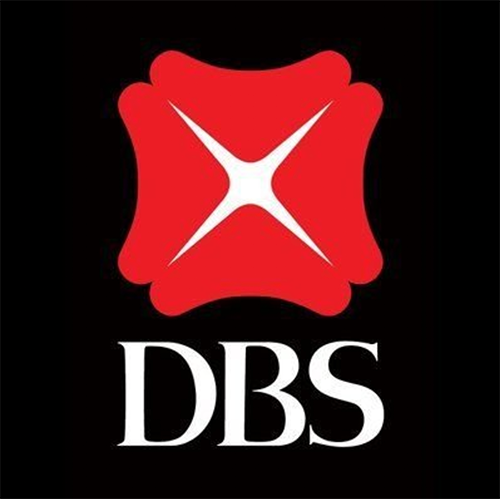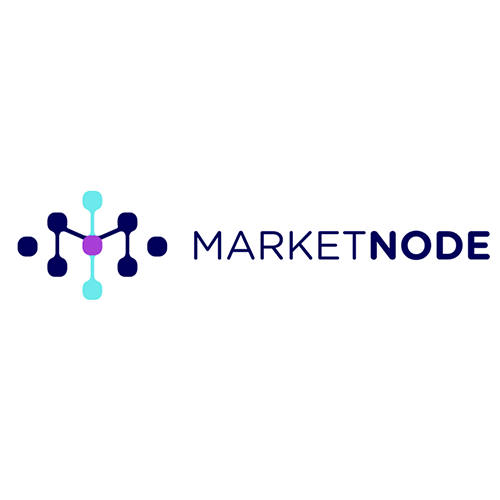The Monetary Authority Of Singapore Reports Outcomes From Project Guardian
Milestone Date: June 30, 2023
After three trials of analyzing infrastructure frameworks for facilitating the trading of tokenized assets, the Monetary Authority of Singapore (MAS) has shared observations in its Project Guardian report.
Project Guardian analyzed various platform types, asset types, and network access options with a focus on best practices. Although observations are shared from three test cases, Project Guardian does not endorse any specific option.
The first use case involved over-the-counter (OTC) foreign exchange transactions. A detailed analysis included a collaboration between DBS Bank and SBI Digital Asset Holdings. The result stated, “Trading in a permissioned liquidity pool protocol achieves greater efficiency by reducing friction and minimizing risks, while the tokenized assets bring the benefits of atomic settlement.”
The second use case centered on trade finance, highlighting Standard Chartered Bank’s asset-backed securities tokenization. Tokenized trade finance receivable assets were transformed into fungible tokens issued natively, then split into two tranches with different risk levels. The report concluded that trading in the "senior," less risky tokens would expand the investor base for real economy assets.
The third use case focused on OTC-structured notes, a widely adopted wealth management product with significant demand in Asian wealth centers. However, issuing these notes involves labor-intensive processes. HSBC, Marketnode, and United Overseas Bank collaborated on a network that generates OTC-structured notes using a "token factory" approach. This process involves whitelisting parties on a public, permissionless platform, leading to improved efficiency in creating and distributing the notes. These institutions are proactively contributing to an industry-wide initiative to establish standardized practices for asset issuance and exchange.
By Elizabeth Morrison
Published:June 26, 2023














